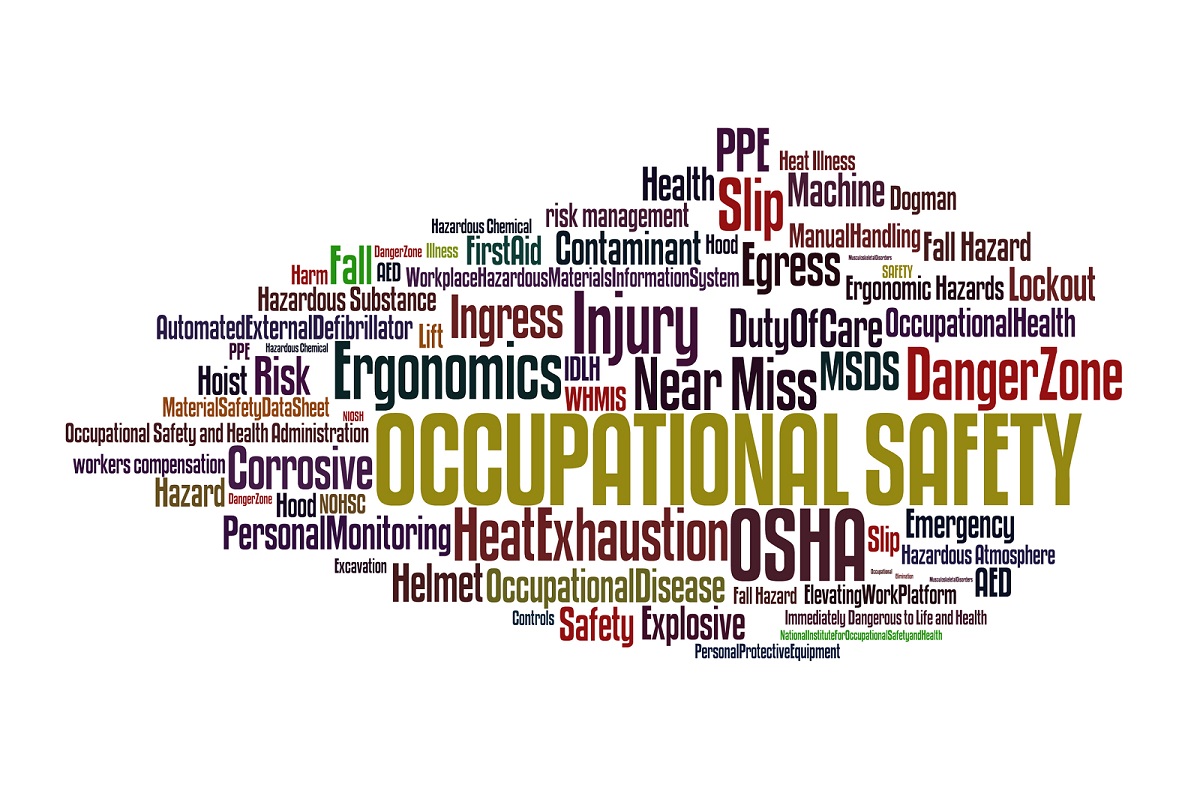Senate Approves $100 Billion to Hospitals in COVID-19 Relief Package

The Senate voted on Wednesday night to approve a $2 trillion COVID-19 relief package to help millions of American workers and businesses survive the impact of COVID-19. The Relief package is titled CARES Act (Coronavirus Aid, Relief and Economic Security Act) and includes COVID-19 relief for individuals, businesses, and the health care industry. The individual worker provisions include payments of $1,200 to Americans earning up to $75,000 ($2,400 for couples filing jointly and earning less than $150,000) plus $500 per child. The CARES Act also provides $350 billion in federally guaranteed loans to small businesses and a $500 billion lending program for companies that have been seriously distressed by the pandemic.
COVID-19 Relief to the Health Care Industry
Relief provisions in the CARES Act for the health care industry include $100 billion in relief to hospitals on the front lines of the pandemic. The CARES Act would make available $100 billion to reimburse "eligible health care providers" for health care expenses or lost revenues directly attributable to COVID-19 that are not otherwise reimbursed. Eligible health care providers include public entities, Medicare and Medicaid suppliers and providers including hospitals, and other non-profit and for-profit entities as specified by the Secretary of Health and Human Services.
Included in the CARES Act are additional provisions applicable during the emergency period for health care providers caring for Medicare patients that include:
- Eliminating the Medicare sequester from May 1 - December 31, 2020
- Providing a 20% add on to the DRG rate for COVID-19 patients treated at inpatient prospective payment system hospitals
- Expanding the ability of hospitals to request and receive accelerated Medicare payments
- Waiving the 50% Rule and Site-Neutral payment policies for post-acute care providers so they can increase the capacity of the health care system without penalty.
The CARES Act also eliminates the $4 billion in Medicaid DSH cuts to hospitals for FY 2020 and reduces the FY 2021 DSH cuts from $8 billion to $4 billion. Implementation of the FY 2021 DSH cuts will be delayed until December 1, 2020.
The CARES Act would make available $10 million in loans for organizations with less than 500 employees that could be used to pay salaries, benefits, and retirement obligations among other uses. Such loans would be available to small non-profit and for-profit hospitals (among other businesses) although small hospitals affiliated with larger health networks may not qualify as a small business eligible for those loans.
The CARES Act also includes numerous provisions that will assist the health care industry in responding to the pandemic including:
- providing additional funding for the prevention, diagnosis, and treatment of COVID-19
- limiting liability for volunteer health care professionals
- prioritizing Food and Drug Administration (FDA) review of certain drugs
- allowing emergency use of certain diagnostic tests that are not approved by the FDA
- expanding health-insurance coverage for diagnostic testing and requires coverage for preventative services and vaccines
- revising other provisions, including those regarding the medical supply chain, the national stockpile, the health care workforce, the Healthy Start program, telehealth services, nutrition services, Medicare, and Medicaid
The CARES Act
The House is expected to act on the CARES Act on Friday and then send it to the President for his signature. We will report on the final provisions of the CARES Act once finalized. Please feel free to contact me at sjarvaweiss@norris-law.com if you have any questions or would like any additional information concerning the CARES Act provisions.
For more information on COVID-19 effects and relief, visit the Norris McLaughlin Coronavirus Thought Leadership Connection.




